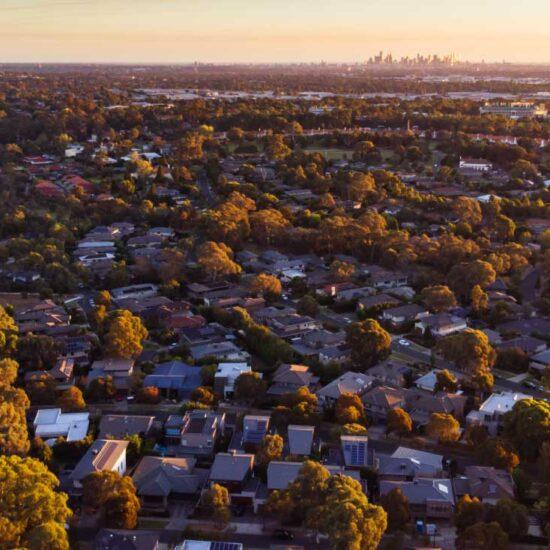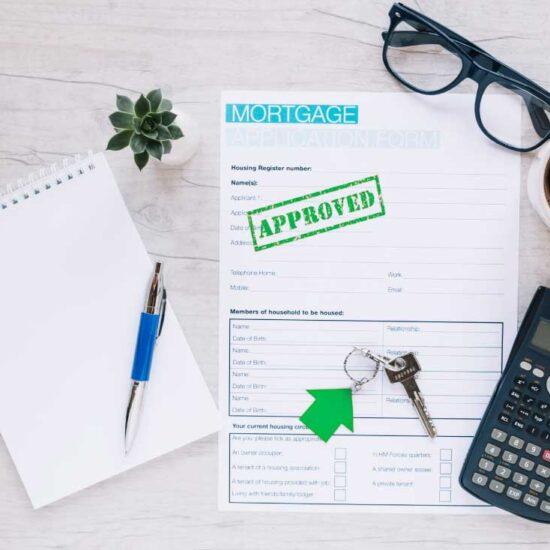
By Kate Hill, Adviseable
OK so you’ve made all sorts of new resolutions.
As a beginner investor, you may be starting the year with plans to invest in property, you may have done the same last year but didn’t get around to it, or didn’t quite know where to start.
If you’re considering investing in property for the very first time, there are a number of questions and considerations that can be a really useful way to begin getting yourself organised as a beginner investor.
There is of course a lot of serious work to consider – because the route to being a successful property investor starts well before the purchase of your first property – and continues usually for many years to come. It’s a learning curve – so recognising the right questions to ask yourself can speed the process, and ultimately determine your success in the business.
Most property investors are looking to maximise capital growth, rental values and maybe also development potential – but there are many metrics to consider so you can figure out the most appropriate and best route to your desired outcome – and perhaps to minimise the time it takes to get you there.
Have no doubt, especially as a beginner investor, there are many considerations and decisions that need to be made to get the very best results.
So as a beginner investor what are some of these key considerations?
Get clear on your motives
Why do you want to invest in property..? Is it as a home for you or your family, or is it as an investment for your future? Do you want to buy in a particular area because of personal or local friends, or are you purely looking to maximise the return at the end of the day? The reason why you’re doing this is really important to be clear on because there are many ups and downs and you need a strong and clear reason to keep you going through all of this.
Be clear about risk and opportunity cost
There is honestly no silver bullet to success in any field. Successful investors have a well-thought through plan – along with short, medium and longer term goals – even potentially including their entry and exit points.
Opportunity cost is everything else you could be doing instead of this particular investment – and what you could do with your deposit. If you would prefer to spend it travelling the world, or buying shares – then focus on what your hopes, dreams and goals are – and ultimately, what you want, and how you want to go about achieving that.
Most successful property investors start off small and work their way up, and manage numbers and risk by working with industry professionals, such as the right Accountant, an experienced Property Adviser, a competent Mortgage Broker and a Property Manager.
Growth is rarely constant or consistent
You have to be prepared for the ups and downs, whether that be in property generally, or in the economy as a whole, property prices do rise and fall. And interest rates do, too, which can really affect your monthly repayments.
You have to be prepared to stick it out. It is not a short term game.
A property cycle in Australia has historically taken approximately seven to ten years. With this in mind, consider where is the market is in this cycle, what are the right charts and what do advisers say about the best areas to invest, and compare this to what your heart tells you. You have to be careful not to fall into some of the common traps and mistakes that investors make – such as buying in areas they like personally, rather than those with the growth drivers suggesting a stronger return.
How sensitive to risk are you?
Can you afford this property investment? What happens when interest rates go up, or you lose your job? How safe and secure is your income and capacity to pay off the loan over at least the next 10, 20 and 30 years? What is the cash flow on your property?
Where are you up to in the process?
Have a look at our article on considerations around your Property Portfolio Plan – and consider seriously where you source your information, and who you take advice from.
Create a budget to live well within your means
We need to allow for change, for a rainy day – and for unexpected things that can go wrong. It’s essential to make a full budget document with all of your earnings and expenses, and talk with your Adviser to help consider the costs involved, and how you will amortise them out over a period that you are confidently able, to grow your investment, build equity, and allow yourself the opportunity to leverage into more properties.
Loan type options include fixed, or variable rates, along with combinations of repayments for both capital and interest, or interest only payments – and assessing which is right for you requires a real focus on your particular circumstances and risk profile, which will define the strategies that will provide the best overall opportunity to maximise your return.
Initially, it is wise to purchase sensibly with a buy and hold strategy
Your first property should normally not be a high risk investment. Of course, for many, our first property investment is our first home – and this provides the experience and stability to test, investigate, perhaps update and renovate, get our hand in, and get used to the process.
Read the property market from a supply and demand perspective
Be as broad as you can when considering locations – being open to a nationwide approach offers a lot more opportunities than just focusing on one area or city.
Consider different areas key infrastructure, such as roads, schools, universities, hospitals and transport options – and if any of these are being planned or opening. Also think about areas with a growing population. What are the pros and cons of each – and what therefore are the best investment types in your evolving list of areas of interest.
Identify vested interests
Word of warning as always, there’s no shortage of spruikers on the market selling property – in sometimes very sophisticated and captivating ways. They are very skillful sales people and can make the dodgiest area sounds fantastic. Be very careful to check the key figures with your investment plan, consider the most important data and analyse the opportunities you are interested in, and are genuinely worth taking seriously. This is where the right questions, advice and information become your greatest assets, and make or save you real money at the end of the day.
Compound growth means that even if you make mistakes, if you stick with it, the odds are you can set yourself up for a comfortable retirement
You may not ever be a billionaire, but being a millionaire once or three times over may just be enough.
Getting good advice is the best advice we can give you.







